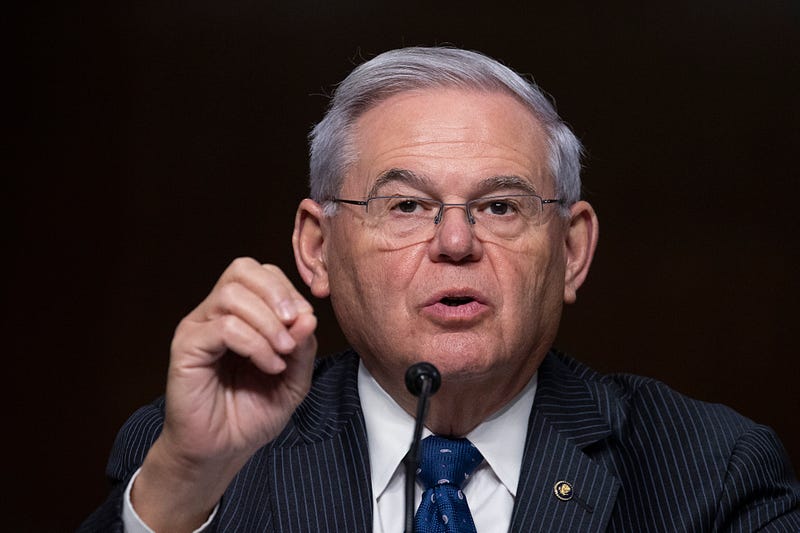
PHILADELPHIA (KYW Newsradio) — Details of the House Democrats' $1.9 trillion stimulus plan were released Friday and included is a boost to the federal minimum wage, plus $1,400 checks for most Americans.
The bill is being sold by Democrats as a way to move the country past the pandemic, and there is little to no support from Republicans.
"People want to get back to their lives. To me, that's what this bill is all about," New Jersey Sen. Bob Menendez said in an online town hall. Negotiations with Republicans are continuing, but Menendez said they are ready to move ahead without bipartisan support for the package.
"The American Rescue Plan includes $20 billion for a national vaccine program, $50 billion for testing, $30 billion on disaster relief funding to secure more PPE and $10 billion to expand domestic manufacturing of pandemic supplies," he detailed.
Menendez said it also includes tens of billions of dollars for renters and homeowners, as well as stimulus checks of $1,400 for Americans who earn less than $75,000 a year.
"It's not only a lifeline for families," he said, "but it also helps to jumpstart our economy and recovery."
Economists from Penn's Wharton School have studied the American Rescue Plan and say it's unlikely to deliver the desired growth but plenty of burdensome debt instead.
"You're going to need to inflate it away, which means higher inflation so the government doesn't have to pay back so much money, or we're going to have to have higher taxes. In either situation, the economic growth going forward is going to be impacted by having to deal with the debt one way or another," said Efraim Berkovich, director of computational dynamics at the Penn Wharton Budget Model.
He says about three-fourths of the direct payment money will be put into savings or investments, not spent on consumer goods, and the immediate benefits on the economy will be minimal in terms of gross domestic product while piling on to the national debt.
"And in our models, that has the long-run effect of slowing economic growth for decades to come," he said.
Berkovich said the Penn Wharton Budget Model is nonpartisan and researchers strictly follow the numbers.
